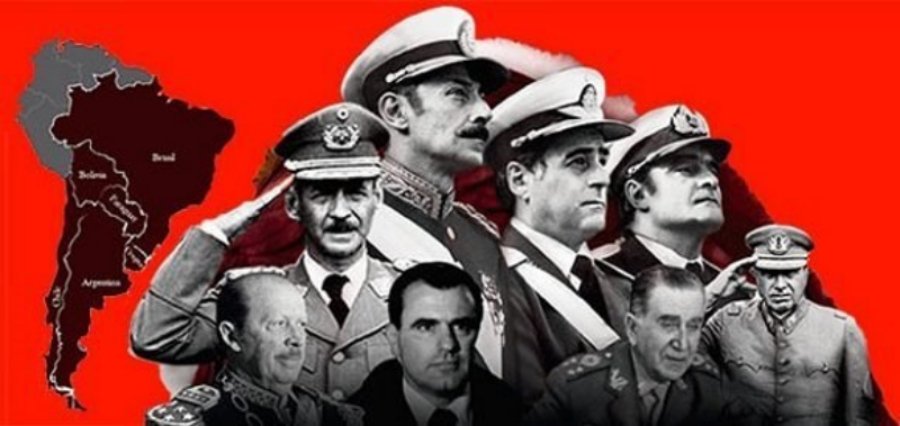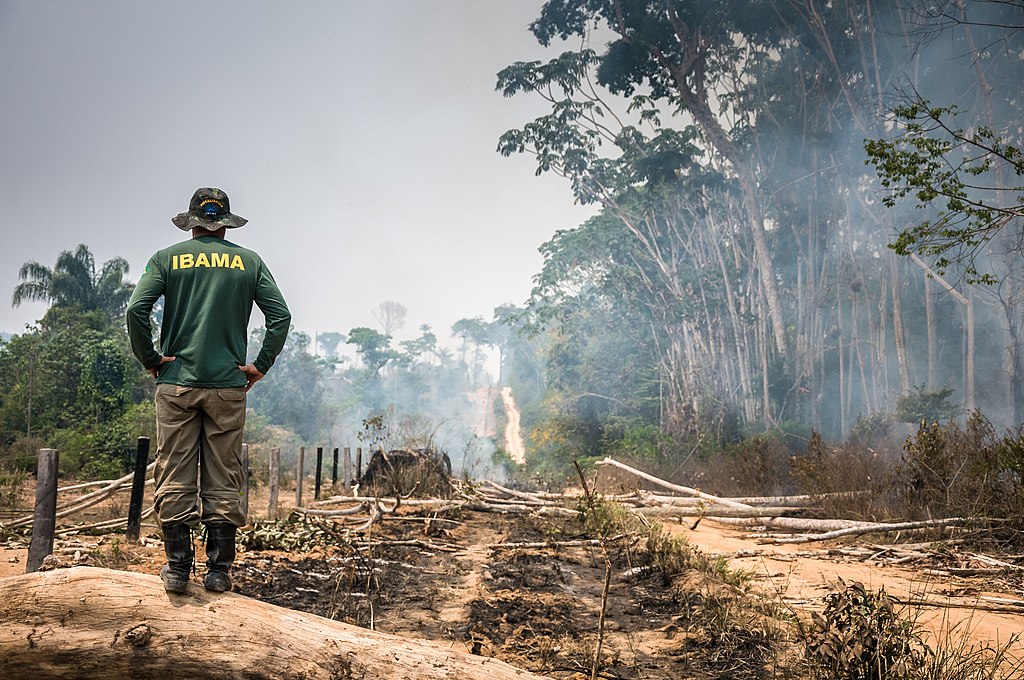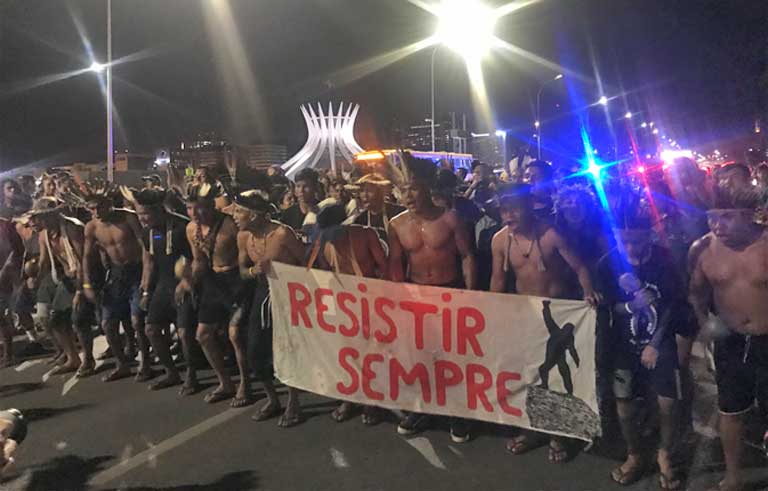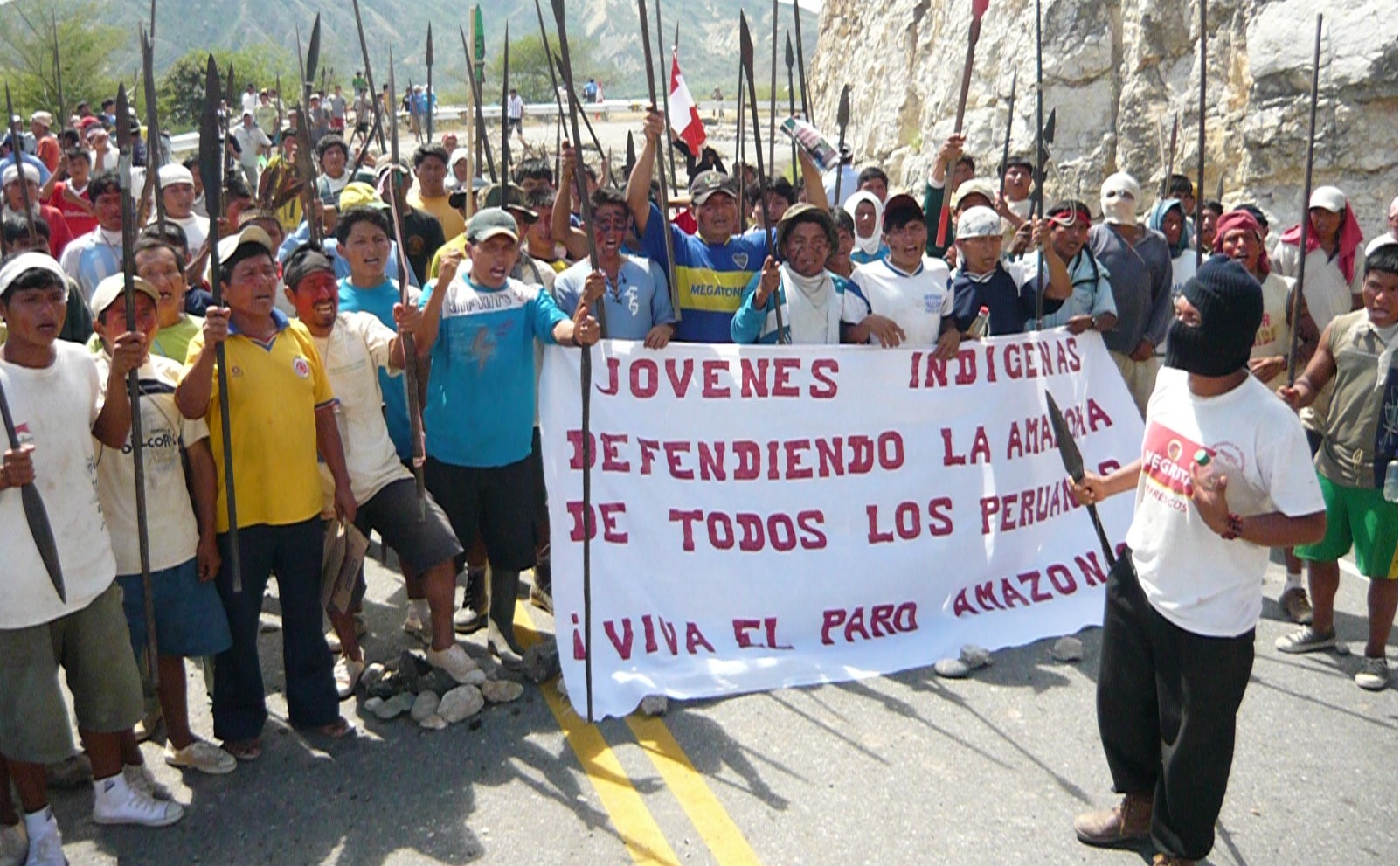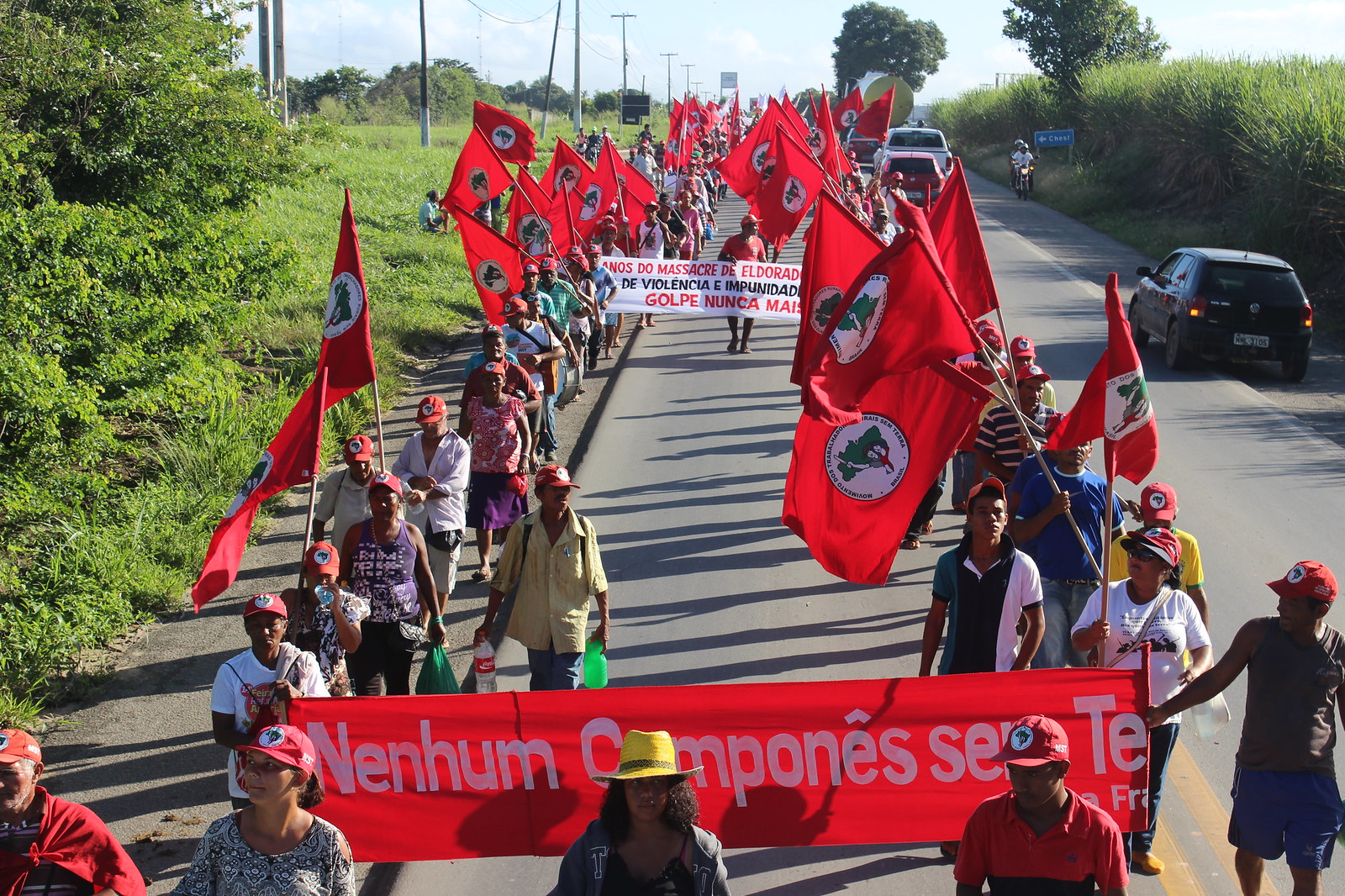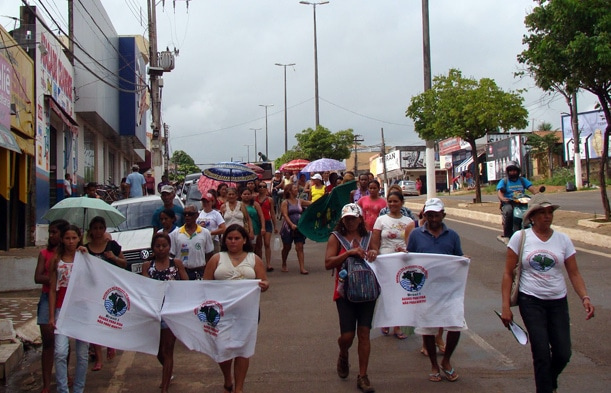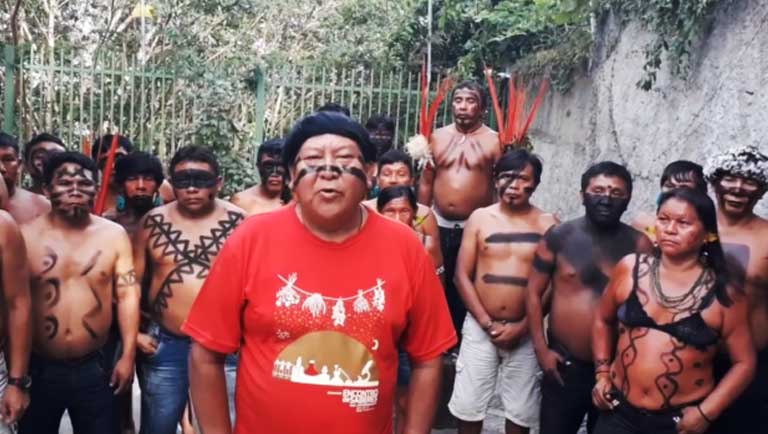
Brazil: Yanomami lands overrun by illegal miners
Thousands of illegal gold-miners (garimpeiros) have invaded Yanomami Park, one of Brazil’s largest indigenous reserves, covering 96,650 square kilometers of rainforest in the states of Roraima and Amazonas, near the border with Venezuela. An incursion of this scale has not occurred for a generation, bringing back memories among Yanomami elders of the terrible period in the late 1980s, when some 40,000 garimpeiros moved onto their lands and about a fifth of the indigenous population died in just seven years due to violence, malaria, malnutrition, mercury poisoning and other causes. (Photo via Mongabay)



